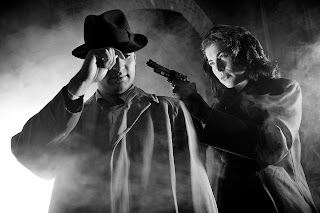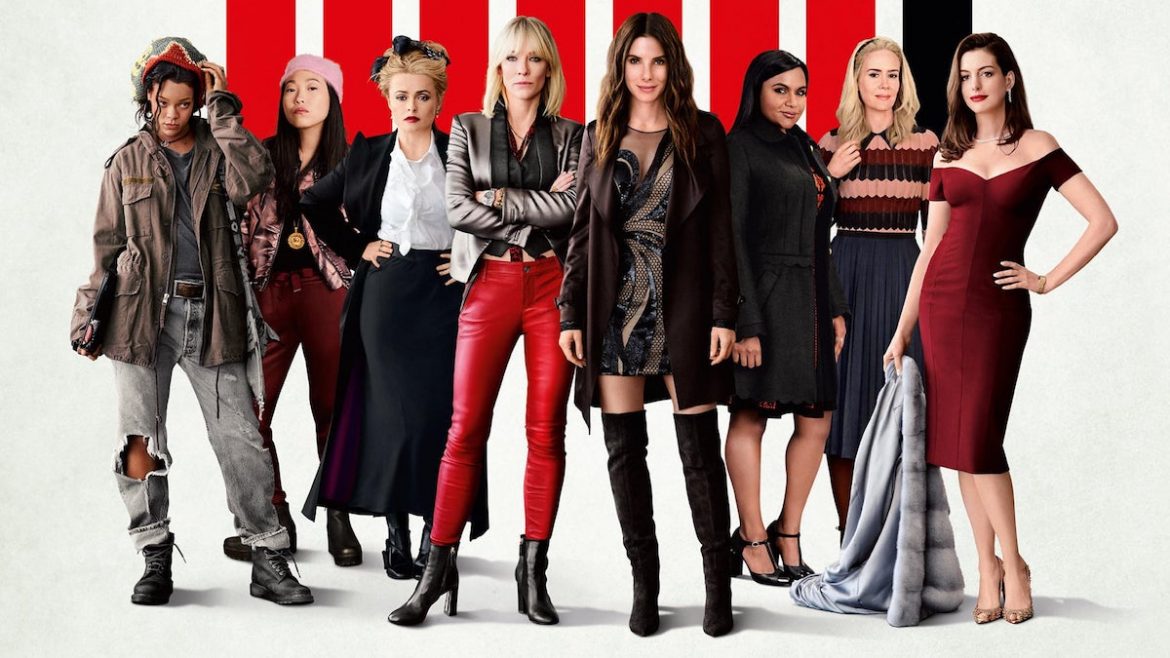A little update...
Mystery
When first presented with this project to create a film opening, I had no idea what I wanted to do. There's so many genres that are available, and I enjoy so many of them. However, there is one genre (or sub-genre) that really sticks out to me: mystery. So, I decided to dive a little deeper into it and find out what it takes to make a film in the sub-genre of mystery.On to the research!
A movie in the sub-genre of mystery typically revolves around the main character(s), usually a type of detective, who is investigating and trying to solve some type of crime (usually a murder). They gather clues and use logical reasoning to come to a conclusion. The detectives can be amateurs, private investigators, or professional policemen like police detectives or forensic specialists.
The other characters tend to be suspects. The main detective examines them and their motives, trying to figure out who did it.
Although stories of mystery typically revolve around a violent murder with graphic details, they don't always have to. There's a sub-genre titled "cozy mystery". In this sub-genre, the graphic and more violent elements are downplayed or treated humorously. The crime takes place in a small, intimate community. The detective character is almost always an amateur and usually a woman who has a contact on the police force (often treated as nosy and not taken too seriously). This character is typically well-educated, naturally intuitive, and holds some type of position or job that places them in contact with many of the residents in the area.
The murders aren't committed by psychopaths or serial killers; they're members of the community with a motive such as greed or jealousy. They are usually rational and give the culprit a chance to explain after they are captured.
Supporting characters are often treated as comic relief and may have eccentric personalities (making the detective stand out seem like the only sane one).
From what I gathered, suspense is a large part of this sub-genre; it keeps the viewer interested. In order for suspense to be created, the viewer needs to be well informed; it becomes nerve-wracking for the viewer because s/he is waiting for the big thing to happen. If the viewer doesn't know what is going on, then it would be considered as shock, not suspense. However, the viewer also needs to be constantly be guessing as to what comes next. They can't know exactly what's to come; s/he needs to want to know and care about what happens in order for them to keep watching. If they knew everything, then it wouldn't be as interesting and s/he likely wouldn't finish the film.
"There is no suspense in inevitability." ~ Damon Lindelof
"Suspense is achieved by information control: What you know. What the reader knows. What the characters know." ~ Tom Clancy
"It is indispensable that the public is made aware of all the facts involved. Otherwise there is no suspense." ~ Alfred HitchcockForeshadowing can also be used in this genre. It is known as red-herrings. They are misleading clues that are used to distract the viewer and give them the wrong hints about upcoming events.
I found that there are two different types of mystery films: closed-mystery and open-mystery.
Closed-mystery is when the identity of the antagonist isn't revealed until the end of the film. It is a "whodunit" type of production. The suspense in this type of film is created from the viewer not knowing who committed the crime. S/he follows along with the protagonist and attempt to figure it out. They have access to all of the information, but nothing is certain; s/he doesn't know for sure how it will end and who is the real culprit.
 |
| EX: Scooby Doo would be a "closed-mystery" because the culprit is revealed at the end of the film. |
 |
| Photo by: Shelton Muller |
Even though Film Noir is no longer popular, it does lead into the next point: lighting effects.
Lighting can be a useful tool for a film of this type. Lighting and filters can be used to set the tone of a scene; low lighting can be used to create harsh shadows and an ominous tone. Also, camera angles, sound tracks, and plot twists can be used to help increase suspense.
Due to the nature of mystery films, they don't require expensive special effects (which is great since I have an extremely, extremely low budget - if one at all).
After researching this sub-genre, I have a better understanding of what it is and what it takes to create a film for it. I also have a better appreciation for the work that goes into to making a film in this genre.
I am a sucker for puzzles and brain teasers, so naturally, I gravitated towards mystery (for entertainment and this project). I enjoy the process of trying to figure out who did it, or what happened. I also grew up reading books like Nancy Drew and the Hardy Boys and watching movies like Scooby Doo. Mystery has really had an effect on me and who I am.
Now that I have more knowledge about the inner workings of a "mystery" film, I hope I can do it justice when I create a film opening for this genre.

No comments:
Post a Comment